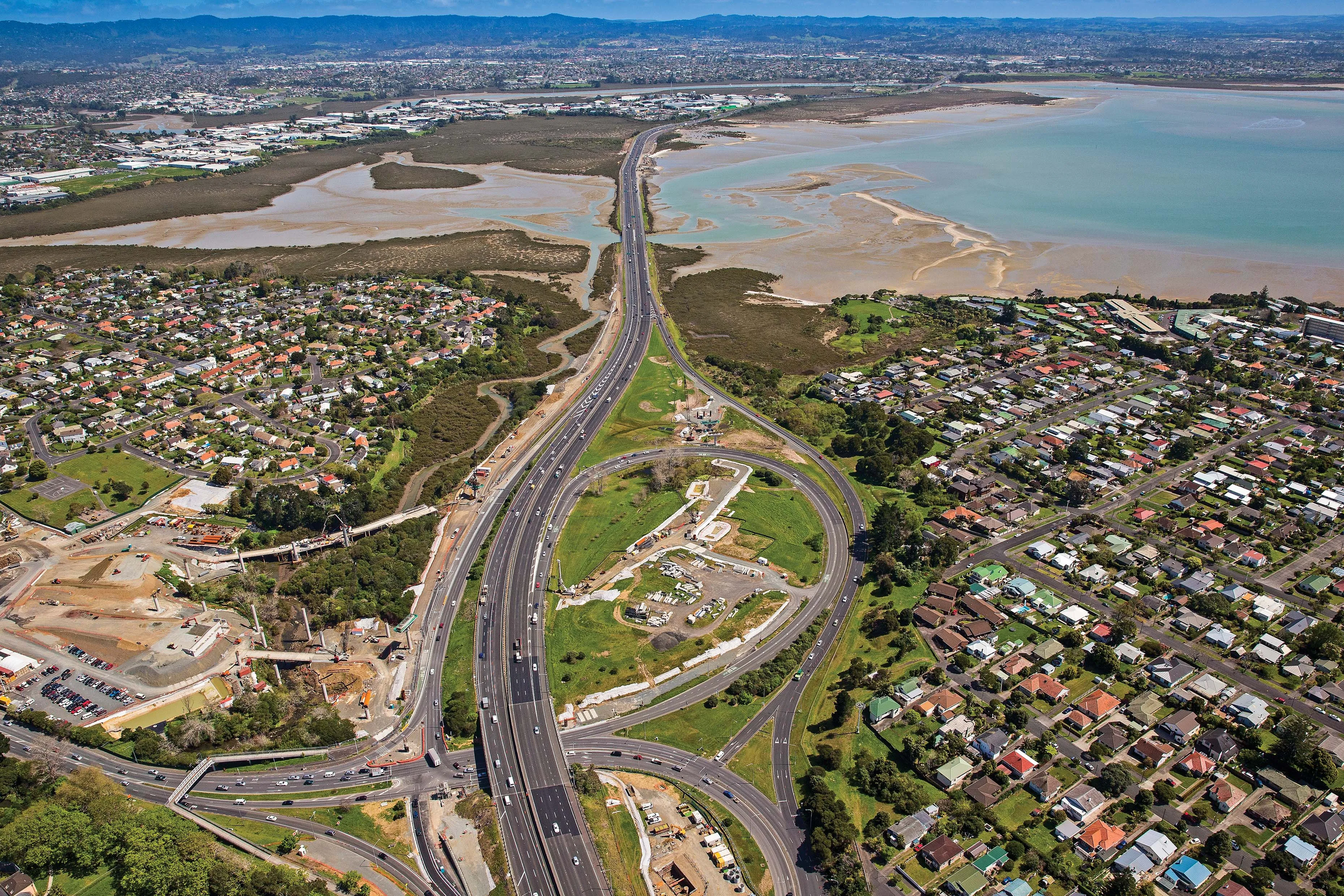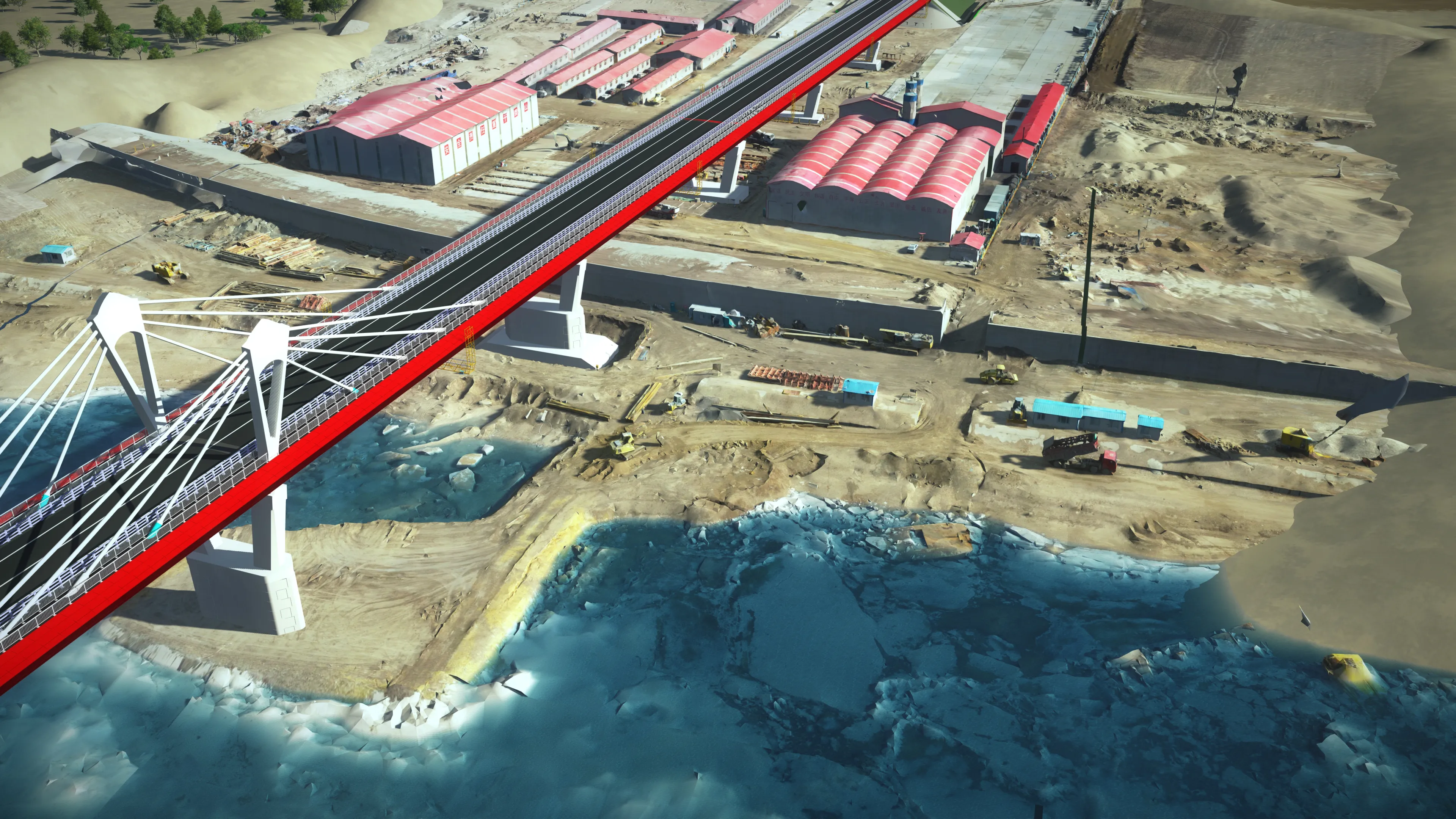Completion of the Lagos to Ibadan highway upgrade in Nigeria will not occur until 2021. The improvement work was initially to have been delivered by 2017. However a string of delays to the work have resulted from insufficient funds and from contractors leaving the jobsite. The current Nigerian Government has now cleared the debts for the project. Around 50% of the highway upgrade has been carried out so far. The contractor Reynolds Construction Company is working on a section from the Sagamu Interchange to Ibadan itself. The construction firm
The highway is important to Nigeria as it connects the country’s commercial hub (and former capital) Lagos with the city of Ibadan, another economically active location. The tolled route is one of the busiest in Nigeria and also Africa as a whole and plans to improve the link were approved under the previous administration, with work starting in 2013. However work has stalled a number of times due largely to funding issues. The existing 128km highway was completed in 1978, making it Nigeria’s first multi-lane express route. However the highway fell into disrepair and was also unable to cope with the volumes of traffic it was having to handle as a key route between the busy port of Lagos and the north of the country.
Late delivery for Lagos to Ibadan highway upgrade
Completion of the Lagos to Ibadan highway upgrade in Nigeria will not occur until 2021. The improvement work was initially to have been delivered by 2017. However a string of delays to the work have resulted from insufficient funds and from contractors leaving the jobsite. The current Nigerian Government has now cleared the debts for the project. Around 50% of the highway upgrade has been carried out so far. The contractor Reynolds Construction Company is working on a section from the Sagamu Interchange to
November 22, 2018
Read time: 2 mins







